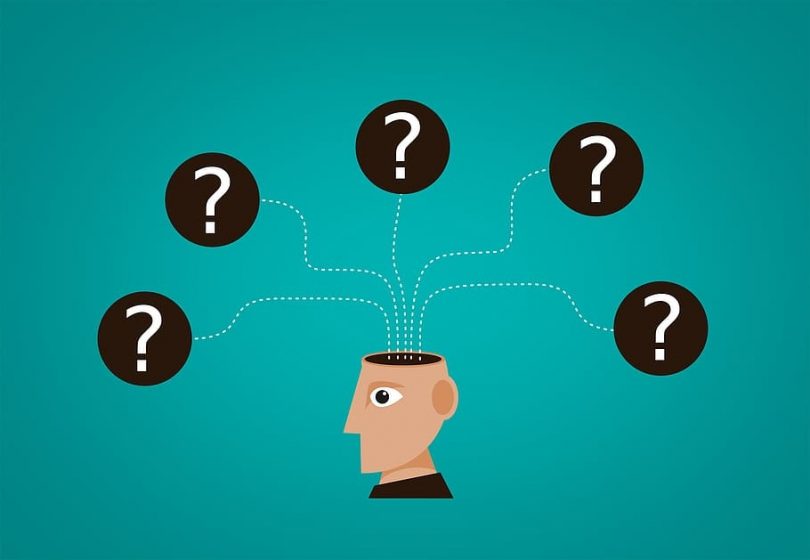Despite the rise in popularity of cannabidiol (CBD) and the accompanying evolution of our understanding of the cannabinoid and its complex properties, there still exist some major consumer knowledge gaps.
The generally benevolent and holistic nature of CBD can feed right into a panacea image that serves wellness and lifestyle companies looking to cash in on the hype. Some consumers are quick to believe grand promises of the all-around magical powers of CBD without taking a critical eye to unfounded claims, leaving them vulnerable to misinformation or lacking the basics required for safe use.
Identifying Key Issues
A study published in the journal Substance Use & Misuse evaluated the scope of CBD knowledge in young adults using a 36-item survey.[1] Out of 340 people who responded to the survey, 242 reported being familiar with CBD and 135 reported using CBD.
The researchers came upon a couple of reasons for pause.
For one, “many respondents reported using guesswork to determine dosage.”[1] While this sounds pretty concerning, CBD’s effects vary from person to person and some guesswork in the form of starting low and gradually increasing dosage is usually advised even by health care providers and researchers.
However, side effects from CBD, as with any other substance, can be more problematic. And in this study, over half of survey respondents reported at least one side effect.
“This study revealed that many users are not responsibly using CBD products, many believe CBD products provide health benefits that are not yet scientifically proven, and they are not knowledgeable about legal and regulatory issues,” the authors stated.
The FDA’s Perspective
The Food and Drug Administration (FDA) has acknowledged these gaps and taken measures, albeit somewhat vague and preliminary, to address these issues.
In a statement on their website, the FDA identified “the potential effects of sustained and/or cumulative use of CBD, co-administration with other medicines, or the risks to vulnerable populations like children, pregnant and lactating women, the elderly, unborn children and certain animal populations” with regard to potential harm from CBD products.
The FDA emphasized that this does not necessarily mean that CBD is harmful to the described populations and/or under the aforementioned circumstances but that it could be–but “could” is not what you want to hear when it comes to health risks.
To that end, the FDA is reopening their public docket for academic researchers and other experts to submit data that could help narrow and close these knowledge gaps.
For now, consumers and healthcare professionals alike have to make do with the information provided by the FDA on their webpage, which describes potential harms and side effects, unproven medical claims that circulate the media and commerce spaces, and unanswered questions about safety and quality control and regulatory frameworks.
Industry experts, researchers, and other leaders in the fledgling cannabis fields will keep pushing the boundaries of our knowledge, so consumers can maximize the benefits and minimize the risks of CBD use. As always, consult with a health care provider before initiating CBD use and be sure to raise any questions you have so that you feel comfortable with your treatment plan.
Image Source: https://www.wallpaperflare.com/questions-and-doubts-advice-answer-ask-assistance-business-wallpaper-aeccv
Reference
- Wheeler M, et al. CBD (Cannabidiol) product attitudes, knowledge, and use among young adults. Subst Use Misuse. 2020;55(7):1138-1145.










